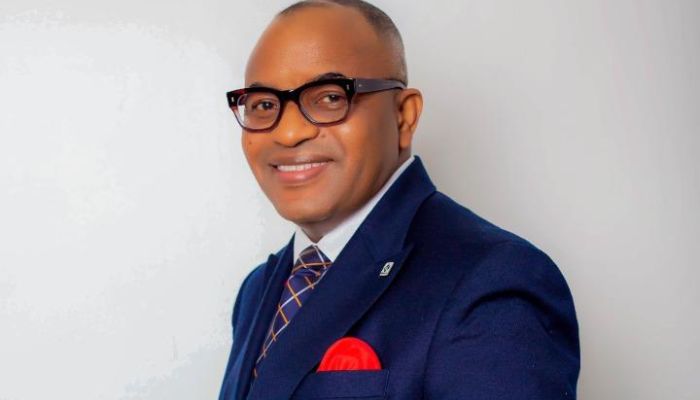The way the South African auto insurance industry operates is being overhauled by the current COVID-19 crisis.
Reduced travel by consumers during and after the current lockdown to curb the pandemic, lower purchasing power to pay for insurance premiums and a longer-term change in attitudes to vehicle ownership due to the rise of ride-hailing services, are all key drivers of change, reported the news website Independent Online.
The immediate impact is that some auto insurers are lowering premiums during the lockdown. Outsurance, for example, has implemented a 15% premium discount on all existing vehicle insurance policies for May. It has also reduced excesses for clients who claim between April and June, given a 15% premium reduction on all goods in transit cover for commercial clients, and extended the grace period for non-payment of premiums by two months before cancellation takes place.
In South Africa, one reason for motor premium reductions is altruism; another is recognition of reduced risk as people use their vehicles less in the lockdown. Those who do venture out drive shorter distances, have less traffic to contend with and fewer drunk drivers.
Data from vehicle tracking company TrackerSA shows that vehicle tracking activity plummeted by 75% during the lockdown.
Permanent change
Mr Ernest North, co-founder of online-only vehicle insurer Naked Insurance, thinks the landscape for insurers may have changed permanently.
He predicts that many South African companies will be more open to flexible work-from-home arrangements following the relative ease with which large segments of their workforce have taken to remote work.
“If just a quarter of companies allow a quarter of their people to come in twice a week rather than everyday, it could have a significant impact on car ownership, traffic and car insurance actuarial models. We could see some households question whether their insurance cover meets their needs when they rarely use one of the cars parked in the garage,” he said.
Rise of ride-hailing services
He believes the adoption of ride-hailing services such as Uber and Bolt is already raising questions about the future of car ownership and driving.
Some professional couples in the large metros, for example, are finding that the costs of renting a car for occasional long trips and Ubering for shop runs or short commutes can be lower than car ownership and the associated cost of instalments, insurance, maintenance, petrol and depreciation.
But that debate may take on a new angle if more people start working from home, Mr North points out.
Less expensive vehicles and more flexible auto insurance
He added, “Perhaps what we’ll see in this environment is that people will trade more expensive and luxurious vehicles down for more cost-effective alternatives rather than completely getting rid of a second car. But they’ll be looking for insurance that is reasonably priced for the amount of driving they do and the vehicle they own.”
Source Middle East insurance Review














